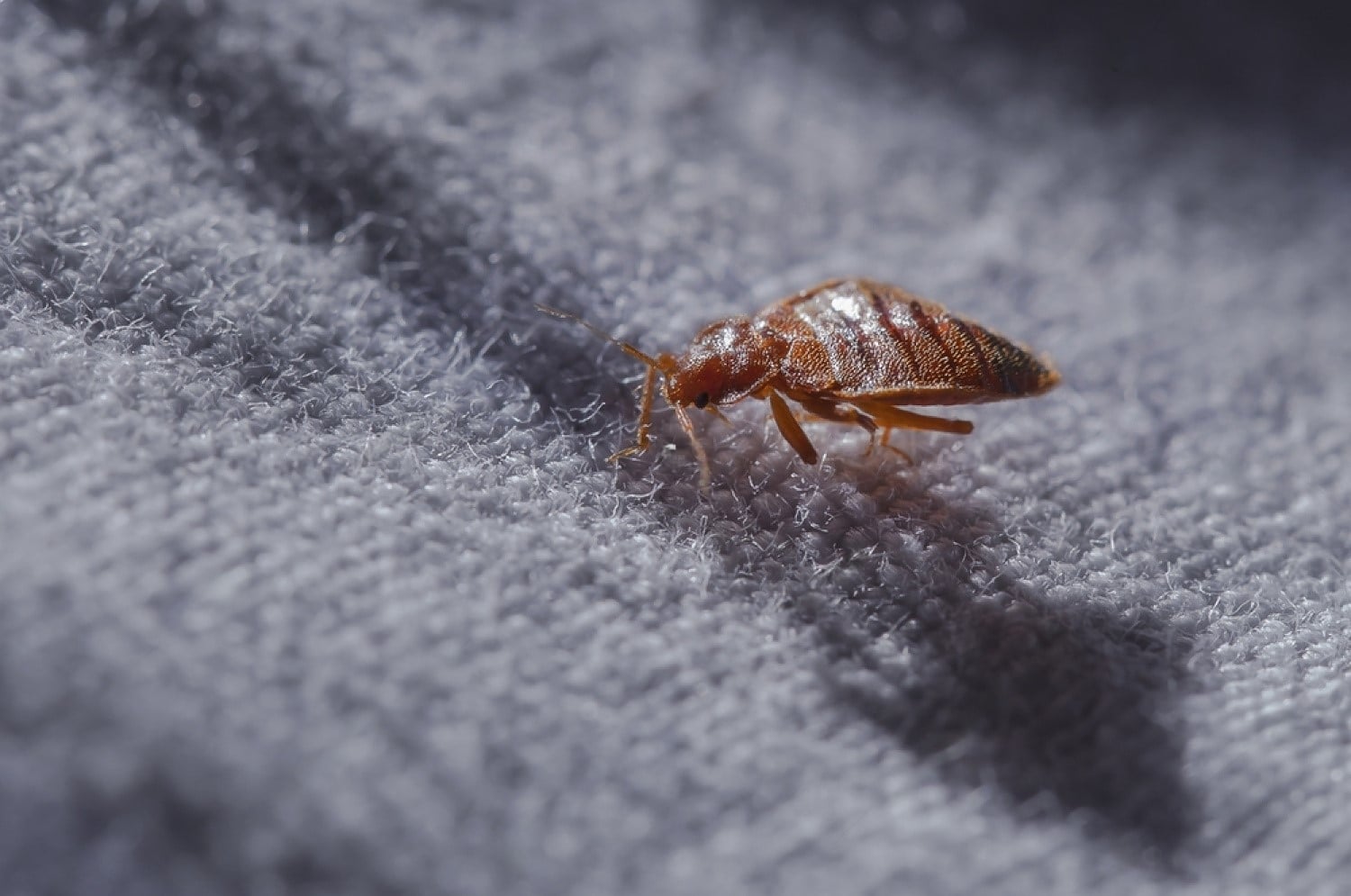A1 Bed Bug Exterminator Houston: Quick Removal Solutions
A1 Bed Bug Exterminator Houston: Quick Removal Solutions
Blog Article
Understanding the Lifecycle of Insects for Targeted Control Methods
Comprehending the lifecycle of bugs is a basic element of efficient pest management strategies. Through a much deeper understanding of just how parasites progress and prosper, tailored control techniques can be developed to address details factors in their lifecycle, ultimately leading to more successful bug administration end results.
Value of Understanding Parasite Lifecycle
Recognizing the lifecycle of parasites is vital for establishing efficient and targeted control strategies in bug monitoring. By understanding the different phases a bug goes via from egg to grownup, bug control specialists can recognize prone factors in the lifecycle where treatment can be most effective.
In addition, identifying the particular environmental problems essential for each stage of the bug's lifecycle can guide decisions on environment modification or exclusion methods to interfere with the lifecycle and reduce bug populaces. This knowledge allows pest administration specialists to implement proactive steps rather than relying solely on reactive treatments, leading to even more long-term and sustainable insect control services. Eventually, an extensive understanding of bug lifecycles equips insect control specialists to customize their approaches properly, decreasing ecological effects and maximizing control outcomes.
Key Stages in Pest Development
To efficiently execute targeted control approaches in insect monitoring, an important facet depends on adequately identifying and comprehending the crucial phases in insect growth. Pest development normally consists of several crucial phases that are essential for their lifecycle and administration. The initial stage is the egg phase, where parasites lay eggs that later on hatch out right into larvae. Larvae after that proceed right into pupae, a phase where they undertake transformation prior to emerging as grown-up pests. Understanding these stages is vital as it aids in determining weak spots in the lifecycle where control steps can be most efficient.

Susceptabilities in Bug Lifecycle
Throughout the various phases of a pest's lifecycle, distinct susceptabilities arise that can be purposefully targeted for efficient control procedures (A1 bed bug removal houston). One critical vulnerability exists in the egg phase, where pests are typically extra vulnerable to particular pesticides or biological control representatives due to their soft external shell, making them easier targets for treatment. Comprehending these vulnerabilities in the parasite lifecycle is necessary for developing precise and effective control methods that efficiently take care of bug populations while decreasing environmental influence.
Executing Targeted Control Measures

Applying targeted control steps typically entails a multi-faceted method. This might include environment modification to make the setting less welcoming to insects, such why not look here as removing standing water for insect control or sealing access points for rats. Additionally, biological control approaches can be used, where all-natural predators or pathogens are introduced to keep parasite populaces in check.
Chemical control, such as the careful application of chemicals, is one more common method. It is crucial to utilize these materials carefully to minimize environmental influence and prospective injury to non-target varieties - A1 Bed Bug treatment houston. Integrated Parasite Monitoring (IPM) methods that integrate various control actions in a collaborated and sustainable fashion are commonly one of the most effective in accomplishing lasting insect management objectives. By executing targeted control measures based upon an extensive understanding of parasite lifecycles, insect populations can be effectively regulated while lessening threats to human health and the atmosphere.
Boosted Pest Management Practices

Moreover, the incorporation of organic control agents, such as all-natural predators or microorganisms of pests, can aid reduce reliance on chemical pesticides and advertise a more balanced community. Carrying out physical more helpful hints barriers and catches can also be component of enhanced parasite administration techniques, using safe and targeted options for bug control. In addition, the use of scents and various other semiochemicals can disrupt pest breeding patterns and interaction, causing reduced bug populations with time.
Conclusion
By determining vital phases in pest development and susceptabilities in their lifecycle, targeted control steps can be executed to reduce parasite populaces. Enhanced pest management practices can help decrease the reliance on broad-spectrum pesticides and promote more environmentally friendly and sustainable pest control methods.
Comprehending the lifecycle of pests is vital for establishing effective and targeted control strategies in parasite monitoring. By comprehending the various stages a parasite goes via from egg to grownup, bug control experts can recognize at risk factors in the lifecycle where intervention can be most effective. Inevitably, a thorough understanding of parasite lifecycles empowers insect control practitioners to customize their techniques efficiently, click here now minimizing ecological influences and optimizing control outcomes.
By applying targeted control actions based on a complete understanding of bug lifecycles, bug populations can be efficiently managed while minimizing risks to human health and wellness and the environment.
By recognizing essential phases in bug development and susceptabilities in their lifecycle, targeted control steps can be applied to reduce parasite populations.
Report this page